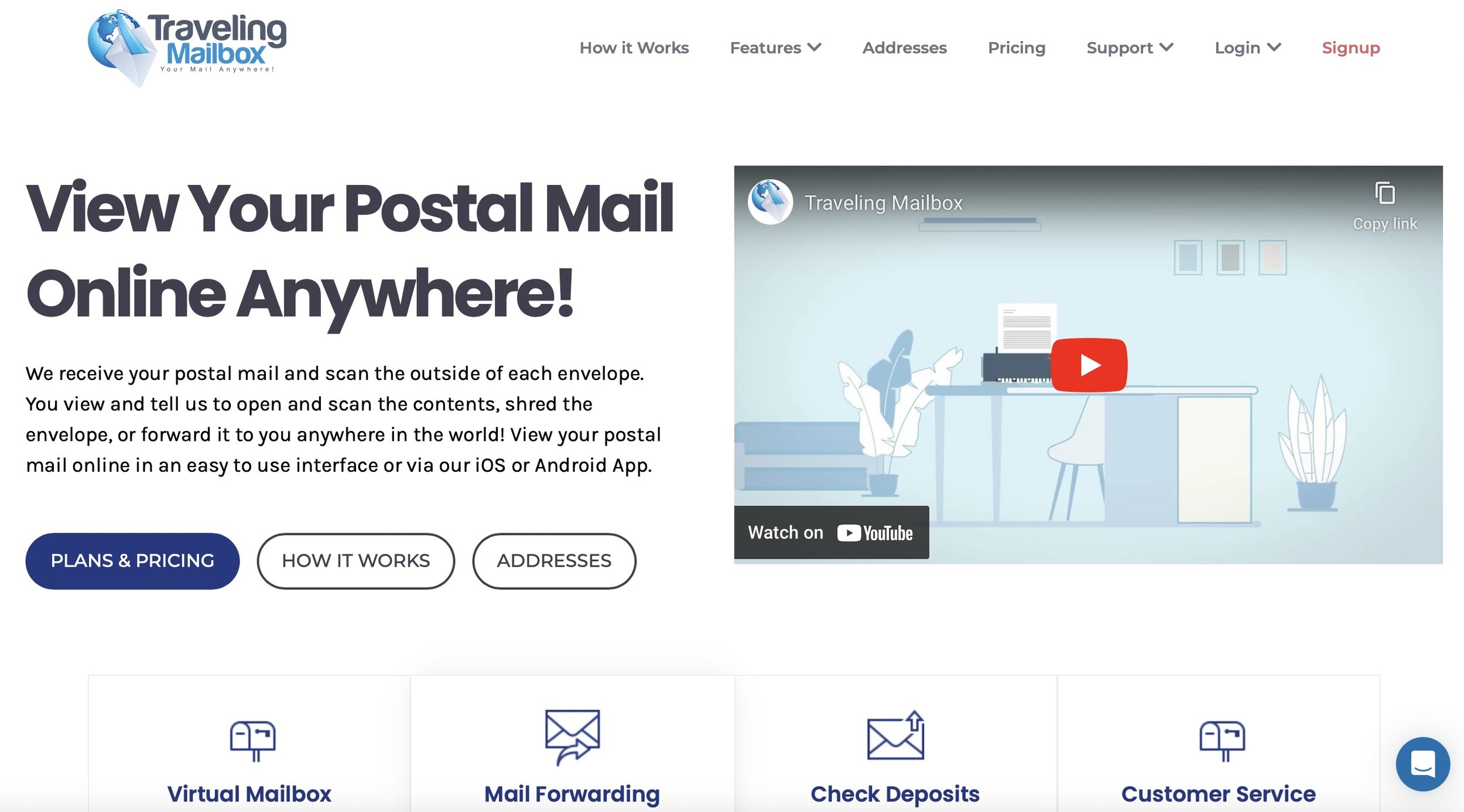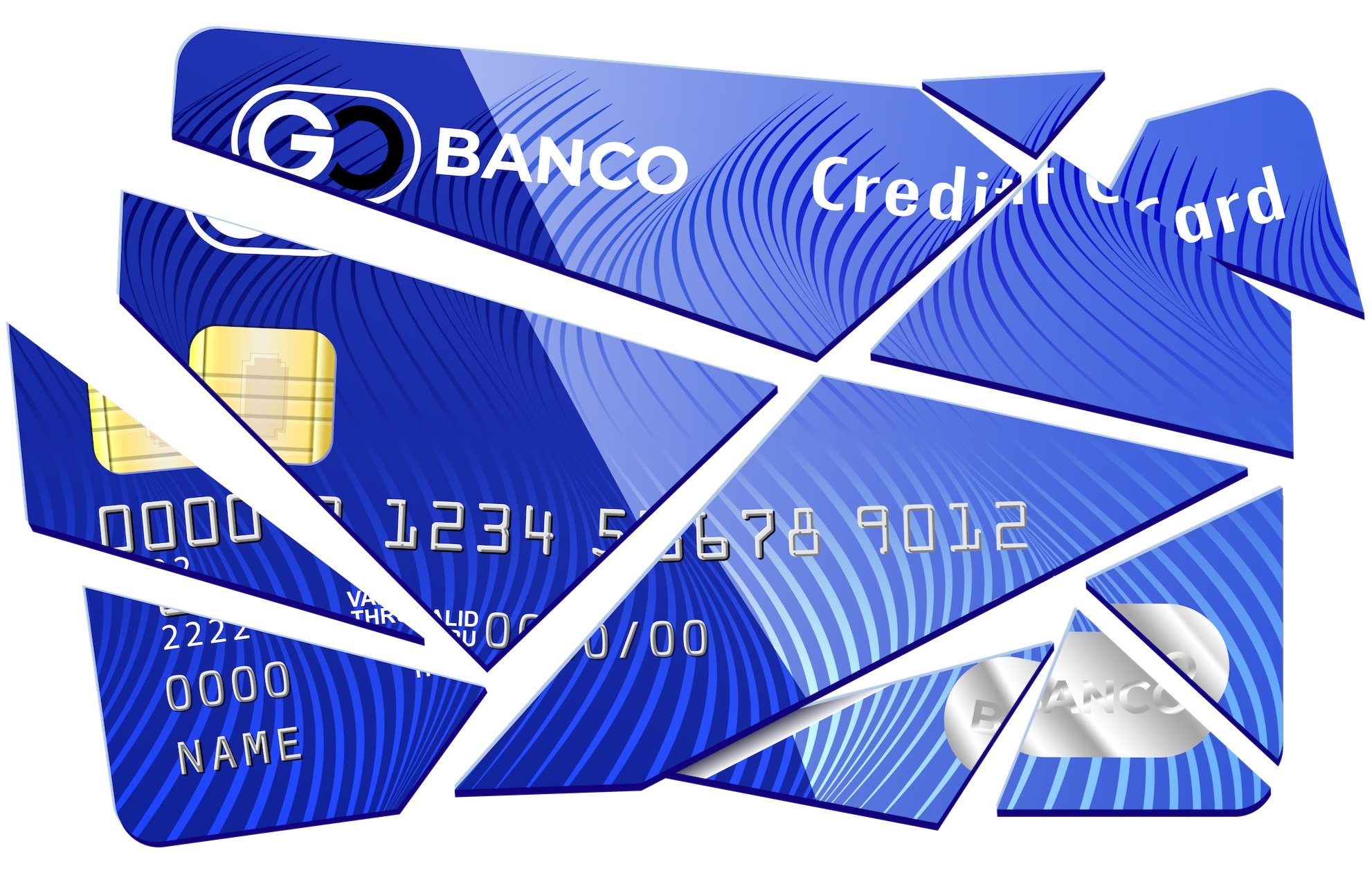How to Handle Expiring Credit Cards as a Full-Time Traveler
You’re on the road as a full-time traveler and you notice that your credit or debit card is nearing expiration. What do you do? Typically a bank or credit card company will send out a replacement card approximately six weeks before expiration, but be a proactive road warrior get on top of it. Here’s how:
Have a few cards with you so that you have a backup. They’ll typically have different expiration dates so you shouldn’t have to worry about being caught empty handed. My husband and I share a couple of credit cards and our debit card accounts, but I also carry my own independent card. I typically leave that card in our Airbnb or hotel so that in the event we are together and pickpocketed, we aren’t without a working card.
Calendar the expiration date of all of your bank and credit cards. This way, the expiration date won’t sneak up on you and you can take control of where and when you receive your new card. Since we plan our travel almost a full year in advance, we know where we have long stays and will ideally choose one of those locations in a country where we think delivery will be safe and reasonably reliable. We always check with our Airbnb host or hotel to verify how easy it is for us to receive packages or important mail and we ensure that they provide the best, most complete mail delivery address.
Embrace technology. By having Apple Pay on our phones and watches, our bank can send us a virtual card that we can use while physical cards are being mailed to us in the event of having a card lost or stolen. It isn’t a perfect solution because Apple Pay isn’t accepted everywhere, but it gives us an additional option.
MyFlexbox worked great for us in Vienna
Take control of delivery of your replacement card. We typically stay in Airbnbs for a month, but there are times we’re in a hotel or other accommodation for less time. Certain places are easier to receive mail than others, so when we know we’ll be in a good place to receive a replacement card, that’s the ideal time to contact your bank or credit card company and arrange for a replacement to be delivered. Unless we’re in a pinch, we don’t trust that mail will reach us in only a few days, even if we ask that it be sent by overnight mail. We were at a Marriott in the US and had a package delivered on a Saturday, but the hotel stored it in a location that only a specific manager with a key could retrieve it. Since we were leaving early on a Sunday morning, they ended up shipping it to us in Japan, but low and slow. So by the time it was delivered to Tokyo, we had already shifted to Kyoto. Fortunately, the Tokyo hotel held the package for us for two weeks until we made our way back there, but it was far less than an ideal situation overall. By giving ourselves time for mail delays, we put ourselves in a much less stressful position. Sometimes it’s easier to use a local Mailboxes, Etc., a secure locker like MyFlexbox, or other type of mailing address that doesn’t require you to be home to receive the mail. We chased delivery drivers in a few different countries who left behind electronic or hard-copy notices that said they attempted delivery when we were in the building, but they never actually tried to call or deliver the item.
Traveling Mailbox offers reliable mail delivery
Have a backup plan. We use Travel Mailbox to receive all our mail in the US. They scan emails at our request, and in the case of a credit card, we can pay a fee to have them deliver it to us anywhere in the world. If somehow we miss proactively arranging delivery of a card on our terms, we can coordinate with Travel Mailbox for delivery. But we still have to ensure that we’re in a safe and reliable place for delivery. Use our link to sign up and support our channel at no cost to you.
Verify the card number when it arrives! There may be occasions where instead of updating the expiration date, a bank will send you a brand new card and once you activate the new card, they’ll deactivate the old card. If that happens, make sure that you update the credit card for any travel plans you’ve made. This is particularly important for activities or accommodations, etc. where you’ve only made partial payments and remaining charges are auto applied at certain trigger points. There also are times when you have to show the card that you used when you made the reservation, so make sure that you’re squared away for those items. Double check all your recurring charges as well. I’ve heard of insurance getting canceled because the recurring payment doesn’t go through. It’s especially true if you’re in places without a lot of connectivity or you aren’t regularly staying on top of your email and other communications, which is easy to have happen when you are traveling.
Dispose of your expired card wisely. We’ve always gotten in the habit of cutting up our card into several pieces, including across the numbers and disposing of the pieces in multiple garbage receptacles so that no one place has our full card info or even enough pieces to string anything meaningful together. Many of the newer cards are metal, titanium, or steel and cannot be cut up. They typically will send you a return envelope. You may need to either pay for international return postage or choose to hold onto your invalid card in a safe place until you’re back in your home country.
Staying proactive about your bank and credit cards’ expiration dates not only ensures continuous access to your funds but also keeps your travel plans smooth and uninterrupted. Always have a backup, embrace the conveniences of modern technology, and coordinate deliveries wisely so you can focus more on the joys of travel and less on logistical headaches. Remember, planning ahead is your best tool to tackle any challenges that come your way.




